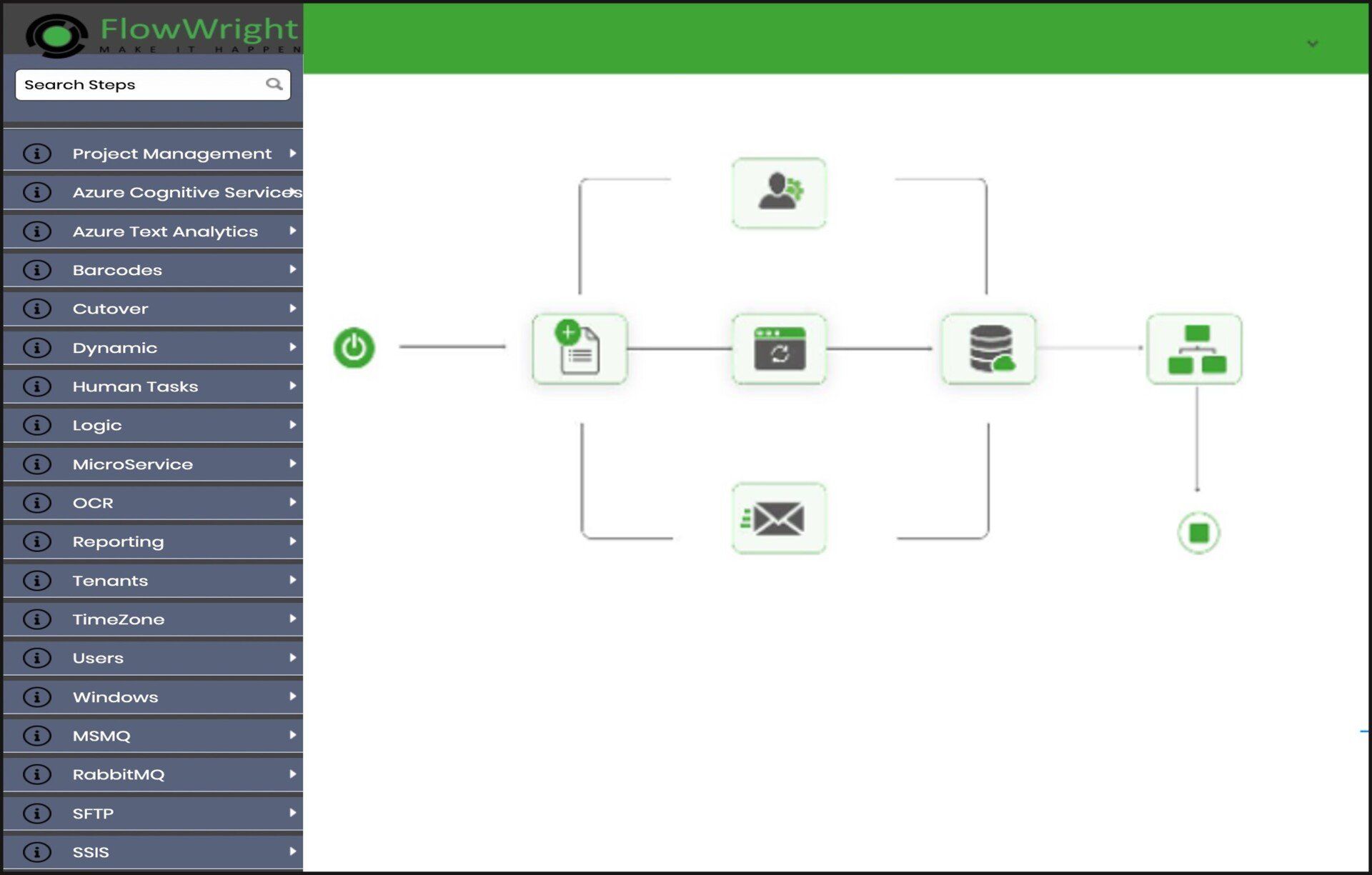In the rapidly evolving landscape of the modern workplace, automation has become more than just a buzzword. It's a transformative force that's changing the way businesses operate, from manufacturing and finance to customer service and healthcare.
While the benefits of automation are evident in terms of increased efficiency and reduced costs, there's also a profound impact on job roles and the dynamics of the workforce. In this blog post, we'll explore how process automation is reshaping the world of work.
Task Automation vs. Job Displacement
A common misconception is that automation directly leads to job loss. You’ll see plenty of headlines and speculation about up to 12 million job losses to automation by 2050 or even bolder claims.
While it's true that some routine, repetitive tasks may become automated, it doesn't necessarily mean an equal number of jobs will disappear. Instead, automation tends to shift the focus from performing routine tasks to managing and overseeing automated processes.
For example, in manufacturing, robots may handle assembly line tasks, but humans are still needed to program, maintain, and optimize these robots. This transition can lead to the upskilling of existing employees or the creation of new roles focused on managing automation systems.
Augmentation of Human Capabilities
Process automation doesn't just replace human workers; it augments their capabilities. When mundane tasks are automated, employees have more time to focus on higher-value activities that require creativity, critical thinking, problem-solving, and emotional intelligence.
In customer service, for instance, chatbots can handle routine inquiries, freeing human agents to handle complex issues that require empathy and a deeper understanding of customer needs. This results in a better customer experience and more meaningful job roles for human agents.
Upskilling and Reskilling
As automation continues to advance, the demand for specific skills is shifting. Employees need to adapt and acquire new skills to remain relevant in the job market. Employers are increasingly investing in upskilling and reskilling programs to prepare their workforce for the future.
For instance, data entry clerks may need to become proficient in data analytics, while factory workers may need training in robotics maintenance. Upskilling and reskilling ensure that employees can take on new roles created by automation and stay competitive in the job market.
New Job Roles in Automation
Automation itself has created a range of new job roles. These roles encompass various aspects of automation system management, data analysis, and cybersecurity. Some examples of these roles include:
- Automation Engineer: Responsible for designing, implementing, and maintaining automation systems.
- Data Analyst: Focuses on extracting insights and trends from the data generated by automation systems.
- Robotic Process Automation (RPA) Developer: Specializes in creating and managing software robots for automating tasks.
- AI Ethics Officer: Ensures that automated systems adhere to ethical and legal guidelines.
- Cybersecurity Specialist: Protects automated systems from cyber threats and ensures data security.
These roles represent a growing segment of the job market and offer opportunities for individuals with the right skills and expertise.
Geographic and Demographic Impact
Automation doesn't impact all regions and demographics equally. It can lead to geographic disparities in employment opportunities, as automation adoption varies by location. In some regions, automation may lead to job displacement, while in others, it could create new job opportunities.
Additionally, the impact of automation can vary across age groups. Older workers may face challenges in adapting to new technologies, while younger workers may be more adept at embracing automation tools and processes.
The Gig Economy and Remote Work
The rise of automation has also contributed to the growth of the gig economy and remote work, which 16% of US adults have earned money from. As more tasks become automated, individuals can offer specialized skills on a freelance or contract basis. This flexibility in work arrangements allows workers to adapt to changing job markets and leverage their expertise in various projects and roles.
Remote work, enabled by automation and digital technologies, has become more prevalent. Automation tools for project management, communication, and collaboration make it possible for teams to work together seamlessly from different locations, creating new opportunities for remote work and global talent acquisition.
How Is Process Automation Impacting Jobs?
Process automation is undeniably transforming the world of work. While it may bring changes to job roles and workforce dynamics, it's important to view automation as a tool that augments human capabilities rather than a threat that replaces them. The key to successfully navigating this transformative journey is adaptability, continuous learning, and a commitment to ethical and responsible automation practices.
So, is process automation killing jobs? No, but it is making existing ones a lot easier, leading to greater job satisfaction, changes in existing jobs, and the creation of plenty of new promising careers. Overall, process automation is a welcome change in most enterprises, among management, employees, and, most importantly, customers.
Therefore, as automation continues to advance, businesses and individuals alike must embrace change, foster a culture of innovation, and invest in education and training. By doing so, we can harness the power of automation to create more meaningful, fulfilling, and productive work experiences for everyone in the workforce.
Stay up to date with our latest automation news, and check out our workflow automation features to see how they can help improve your organization!







